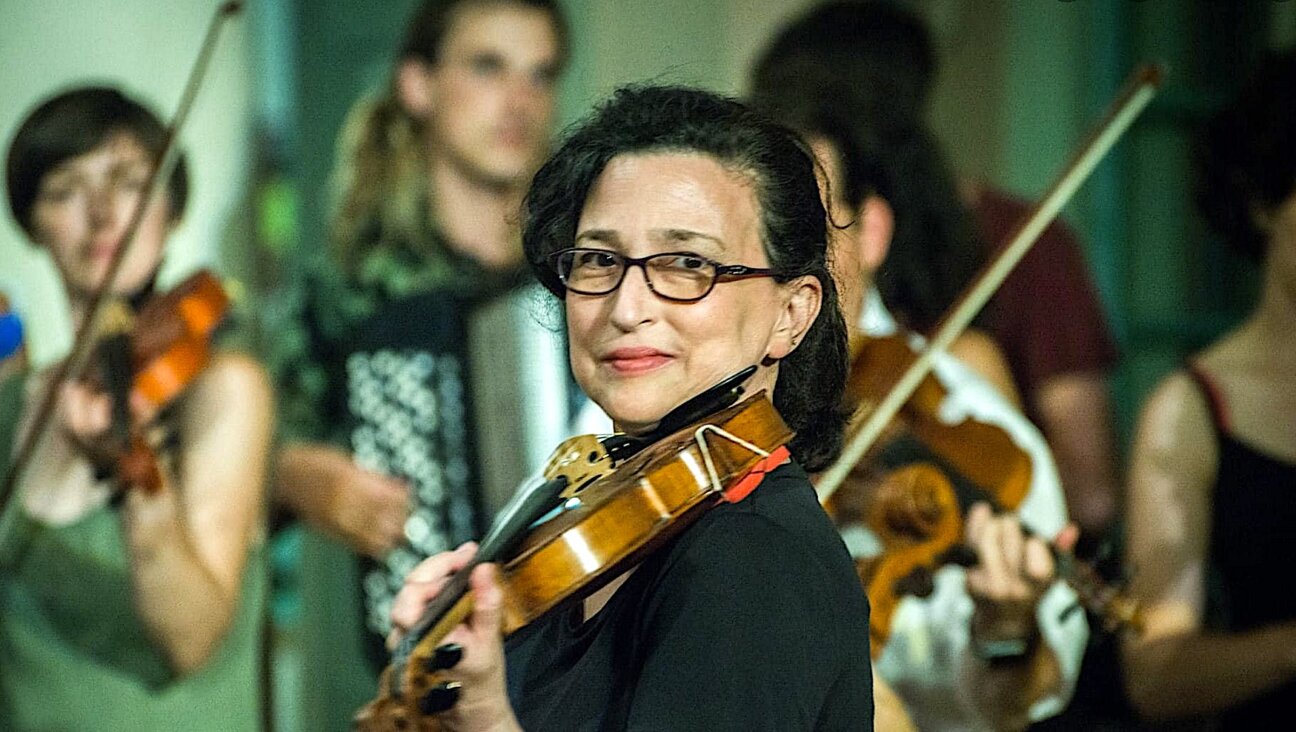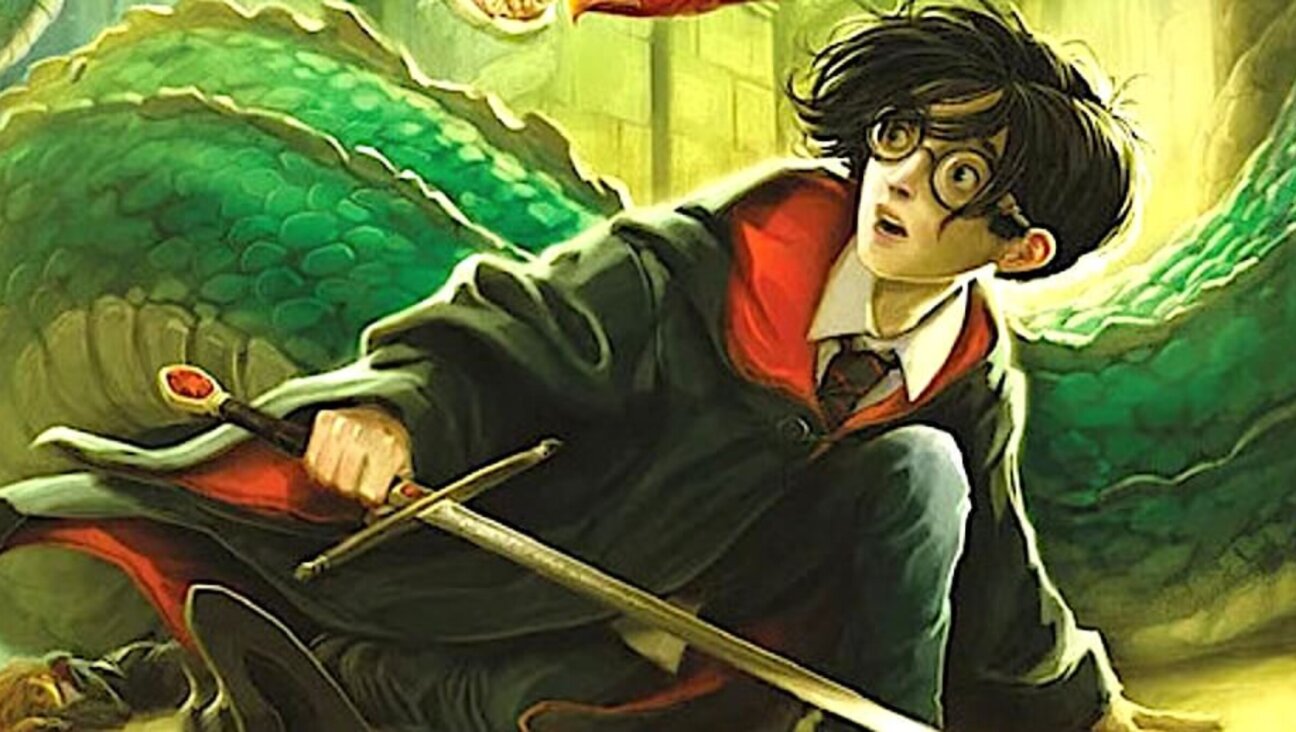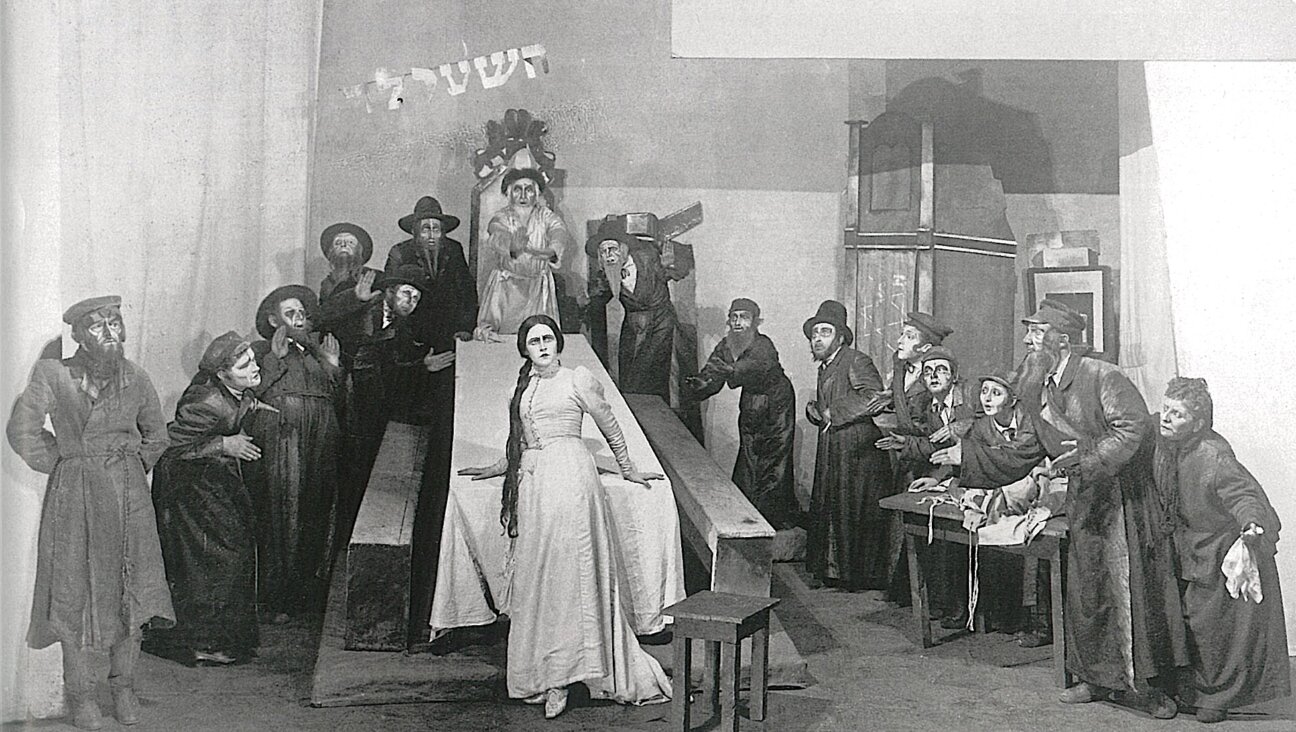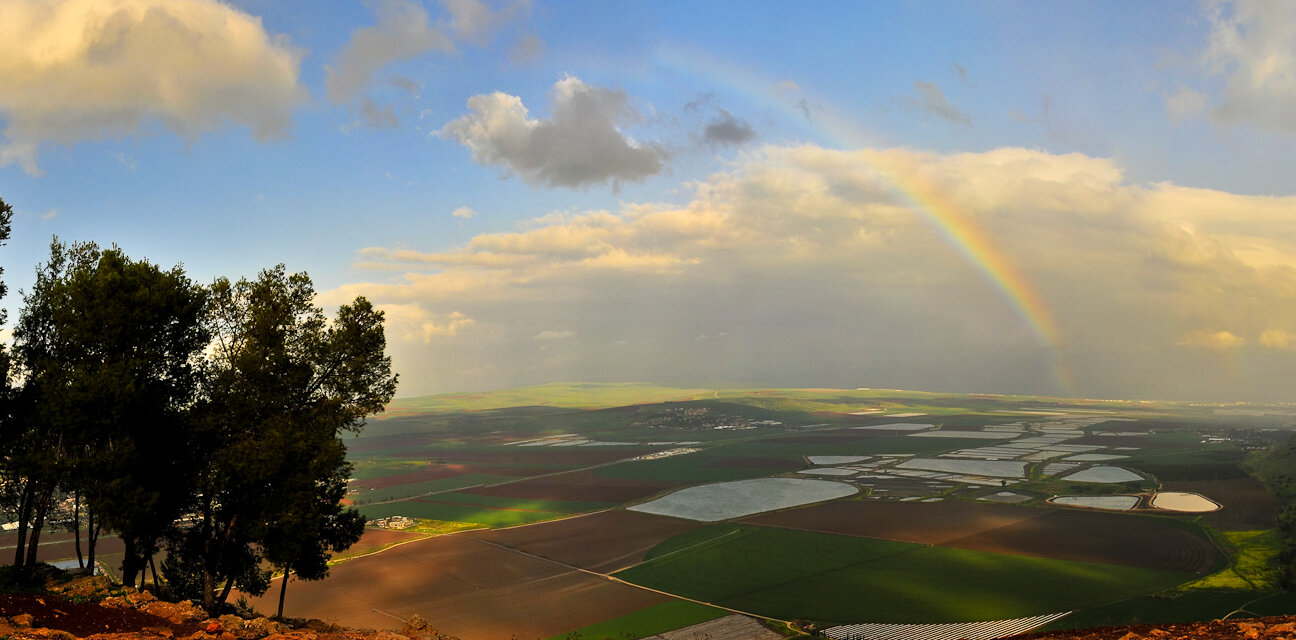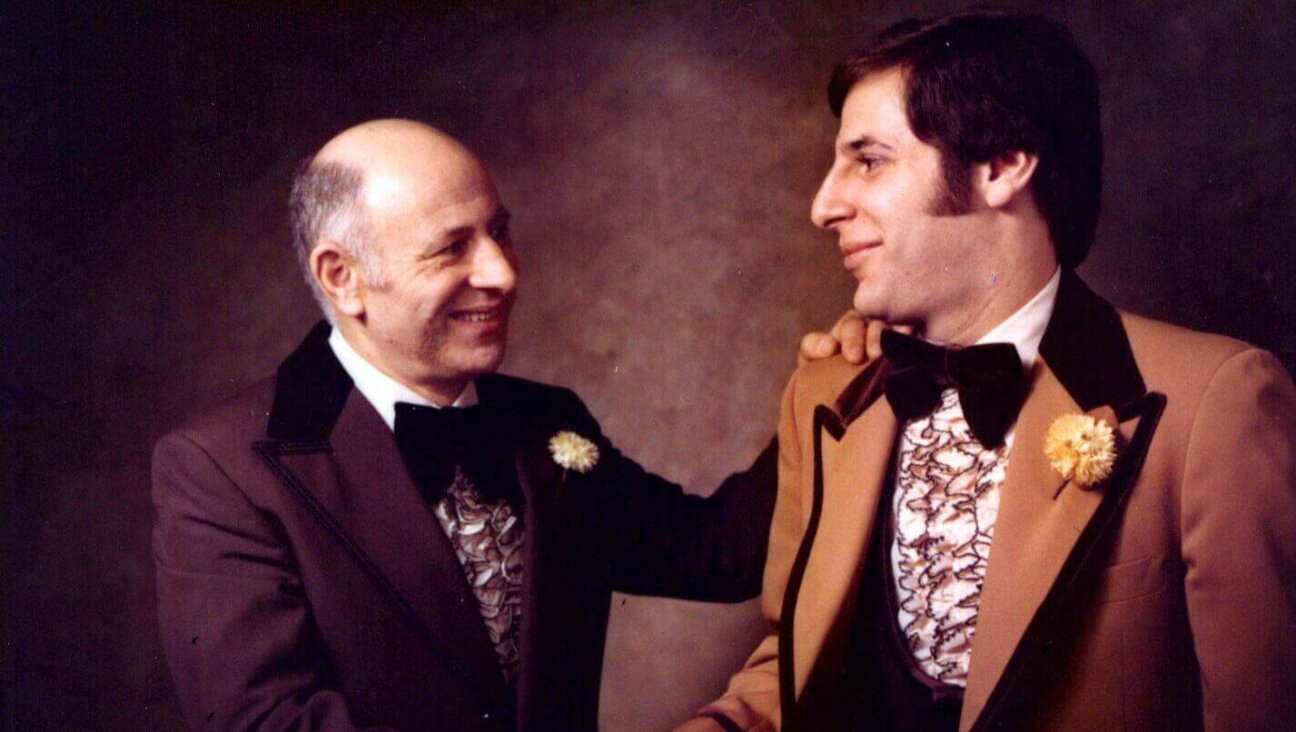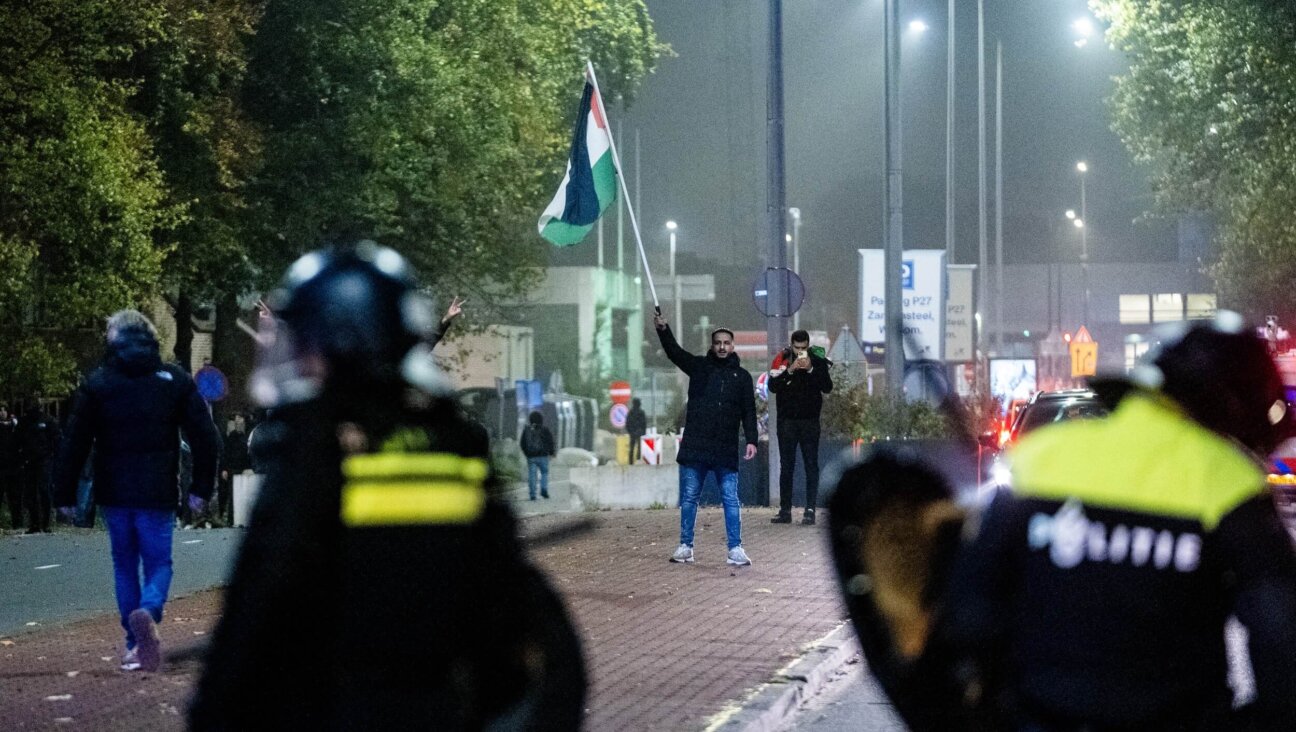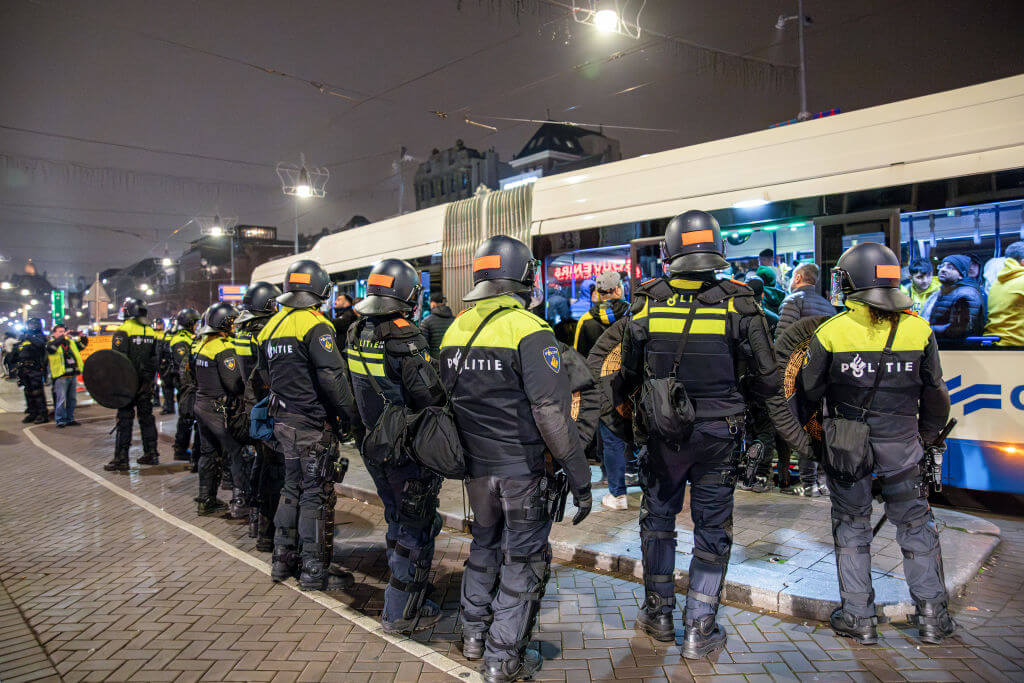My shul is named after a shtetl. Read how one woman survived after the Nazis came in.
The author, a member of Toronto’s First Narayever Synagogue, retells the story she found in the town’s memorial book.
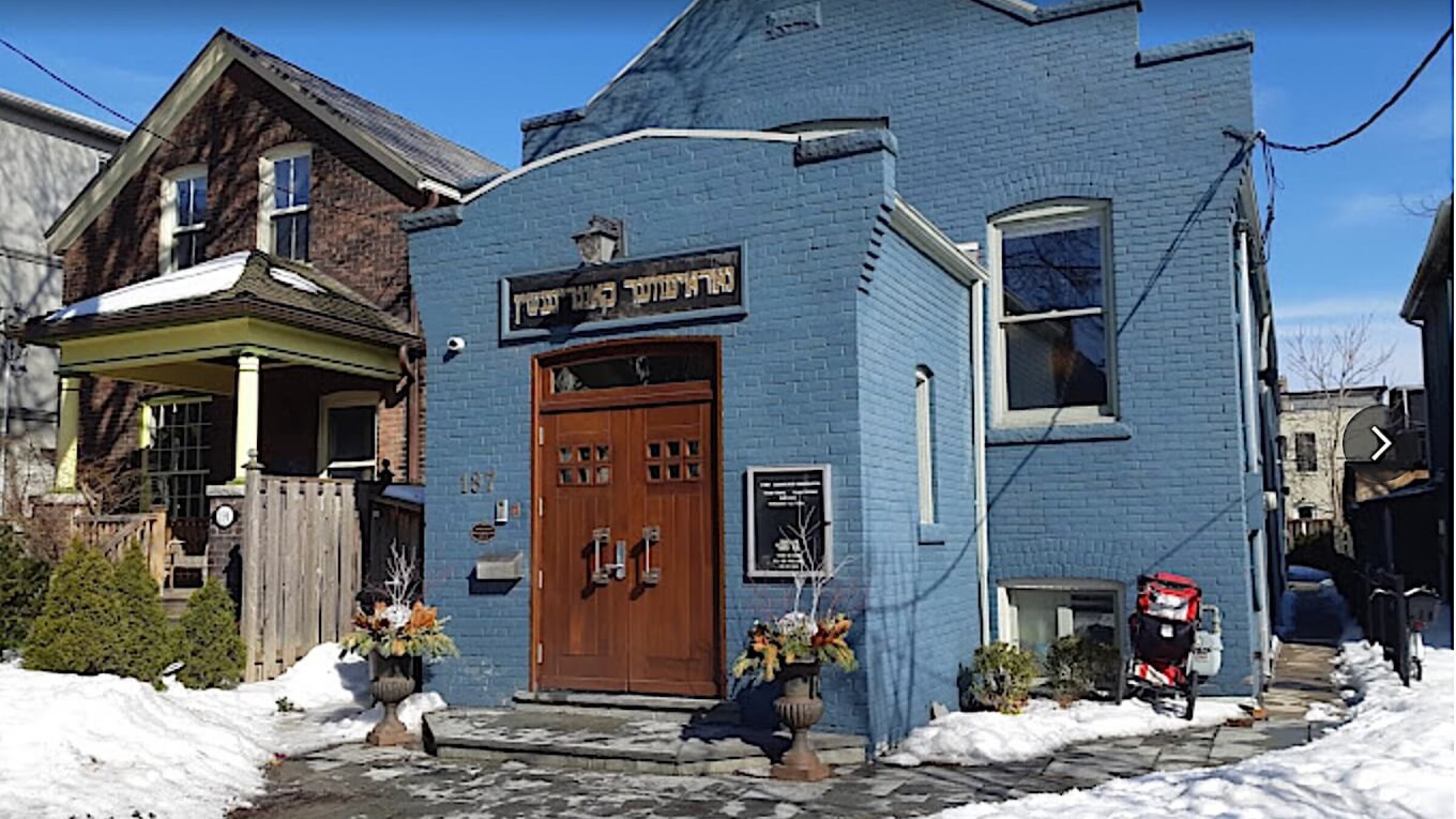
Photo by Glenn Dickler
My synagogue, the First Narayever Synagogue in Toronto, is a vibrant place, full to capacity with congregants from young to old. Narayev (or Narajow — there are about 10 variations on the name) was a predominantly Yiddish-speaking market town in Ukraine, and the hometown of the people who founded the shul in 1914.
But after getting hold of the yizkor book for the shtetl, I learned about the tragic fate that befell its Jewish residents during the Holocaust, as told by one of its survivors, Chana Roten-Lushk.
A yizkor book is a memorial book commemorating one of the thousands of Jewish communities that were destroyed in the Holocaust. It includes vivid firsthand accounts of the Holocaust and its aftermath, as well as telling stories of the shtetl prior to the Holocaust, making it a valuable resource for scholars and descendents of the shtetl’s one-time residents.
Yizkor books are not history books, so there is no overarching objective context to give a perspective on what happened to the town of Narayev. The accounts are individual recollections. The memoirs in the book were translated twice, from Yiddish to Hebrew and then from Hebrew to English. There are 16 one-to-two page accounts. Eleven of these are available online.
The Narayev yizkor book apparently has the only known records of the town, which is listed there as a subheading under the name of a somewhat larger town called Berezhany (Berezhan in Yiddish).
As the synagogue’s website explains, in the year 1900, Narayev was home to about 1,000 Jews, who comprised close to one-third of the town’s population. Until then, the townspeople had been farmers, peddlers, craftsmen and shopkeepers. It was a scenic paradise, but as it became increasingly difficult to earn a living, and under the growing threat of pogroms, many Jews began emigrating to the United States and Canada shortly before World War I.
Those Jews who remained led an active Jewish life, especially as members of Zionist clubs. By 1939, there were about 805 Jews left. But after the Germans came in, almost all were murdered.
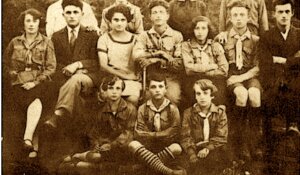
In her account, Chana described vividly what happened to her wealthy family. On the pretext of searching for hidden food, the Germans and the local militia looted enough to fill two trucks with leather, textiles and other quality items that had belonged to her family. Referring to the town’s first year under occupation, she wrote that all Jews both rich and poor were forced to do menial labor and were beaten regularly.
In 1942, there were rumors that the Germans were planning an Aktion on Yom Kippur. An Aktion was a German military or police operation involving mass assembly, deportation and killing. The next day, she wrote, “the brutal German soldiers arrived … and with the Ukrainians’ collaboration gathered the Jews who were not able to find a hiding place and took them by trucks to Berezhany and from there to the death camp Belzec.”
Chana, who was hidden by Christians, together with her mother, escaped the roundup but were ordered to leave for Berezhany. The circumstances of their escape and exactly why they were not sent immediately to Belzec like the others are unknown. In Berezhany, Chana was forced to do hard labor in the cold.
“A month later another Aktion came … on the first day of Chanukah, 1942,” she wrote. Chana and her mother were forced into an extremely crowded cattle car. Some people had smuggled tools with them and managed to pry off a wooden plank. Chana’s mother retreated to a corner and said that “she was tired of living this way.” She told Chana that she still had her whole life ahead of her so Chana jumped and landed unscathed in a pile of snow. Her mother died in Belzec at the age of 40.
On another Jewish holiday, on Shavuoth 1943, the “last Aktion in Berezhany was performed and Berezhany was declared Judenfrei,” Chana wrote. The term Judenfrei means “cleansed” of Jews.
Miraculously, Chana had found a hiding place and stayed there, together with 13 other Jews. Eventually they began to emerge to bake a flat form of bread, and collect water. One of them was waiting for a Christian woman to whom she had given all her possessions. When the Christian woman saw the Jewish woman, she denounced her and the others to the Gestapo. They were promptly surrounded and caught, but once again, Chana escaped. “The rest were murdered in the cemetery,” she wrote.
Somehow, Chana found her aunt and her aunt’s three children and survived in the forest together with them. There was almost no food or water. “Months passed without washing my body, the lice were eating me and the sores hurt.” Finally, at the end of July 1944, they were rescued by the Russian army. “I was the only one left from my family and from the whole town there were around 25 survivors. The rest … were murdered al kidesh hashem (as martyrs), may their memory be blessed.”
I recently contacted the Jewishgen website, asking if anyone knows any descendants of Holocaust survivors from Narayev. One man, Philip Rosinsky, replied, saying that he had visited the town in 2008 and the only Jewish remnants he found were a few pieces of gravestones in the cemetery. There was no longer a synagogue.
His words deflated me. I was at a dead end in terms of ever visiting Narayev and doing further research. Thank goodness we have stories like Chana’s and others that give us a peek into the lives of the Jewish men and women who once lived in Narayev and whose memory is now preserved by the synagogue bearing its name.
A message from our CEO & publisher Rachel Fishman Feddersen

I hope you appreciated this article. Before you go, I’d like to ask you to please support the Forward’s award-winning, nonprofit journalism during this critical time.
At a time when other newsrooms are closing or cutting back, the Forward has removed its paywall and invested additional resources to report on the ground from Israel and around the U.S. on the impact of the war, rising antisemitism and polarized discourse.
Readers like you make it all possible. Support our work by becoming a Forward Member and connect with our journalism and your community.
— Rachel Fishman Feddersen, Publisher and CEO







